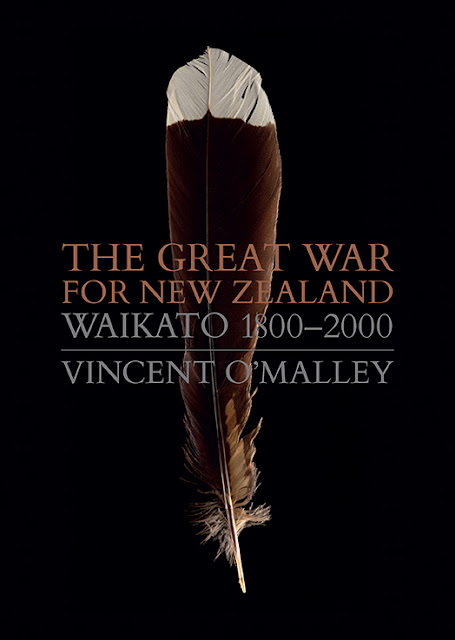Recent New Zealand History Talks
Event: Auckland Writers Festival Event: Past and Present Date: Friday 26 August 2022 Summary: Sociologist Joanna Kidman (Ngāti Maniapoto, Ngāti Raukawa) and historian Vincent O’Malley make a formidable team, as partners in life and scholarship. They both contributed to the recently published Fragments from a Contested Past: Remembrance, Denial and New Zealand History , and co-lead the Marsden Fund project – He Taonga te Wareware?: Remembering and Forgetting Difficult Histories in Aotearoa New Zealand – a three-year study into how the 19th-century NZ Wars have shaped memory, identity and history. O’Malley is a founding partner of HistoryWorks and the author of the 2022 Ockham NZ Book Awards General Non-Fiction winner Voices from the New Zealand Wars | He Reo n ō ng ā Pakanga o Aotearoa . Kidman is a Professor of Sociology with a particular interest in youth movements and higher education. They speak with Dale Husband about their writing, passions and collaborations. ...

